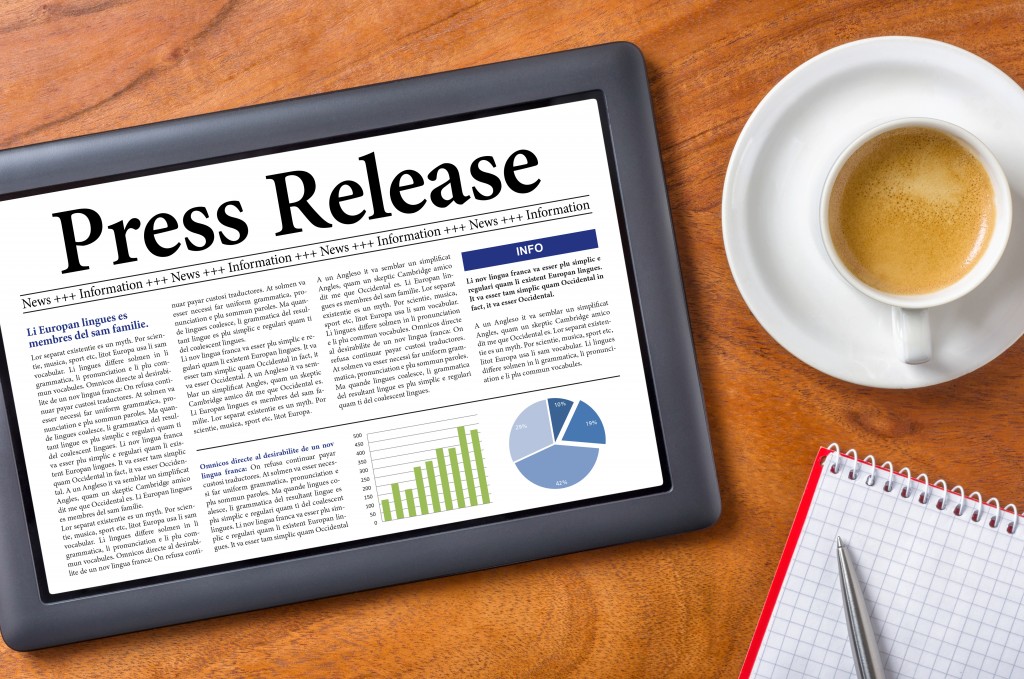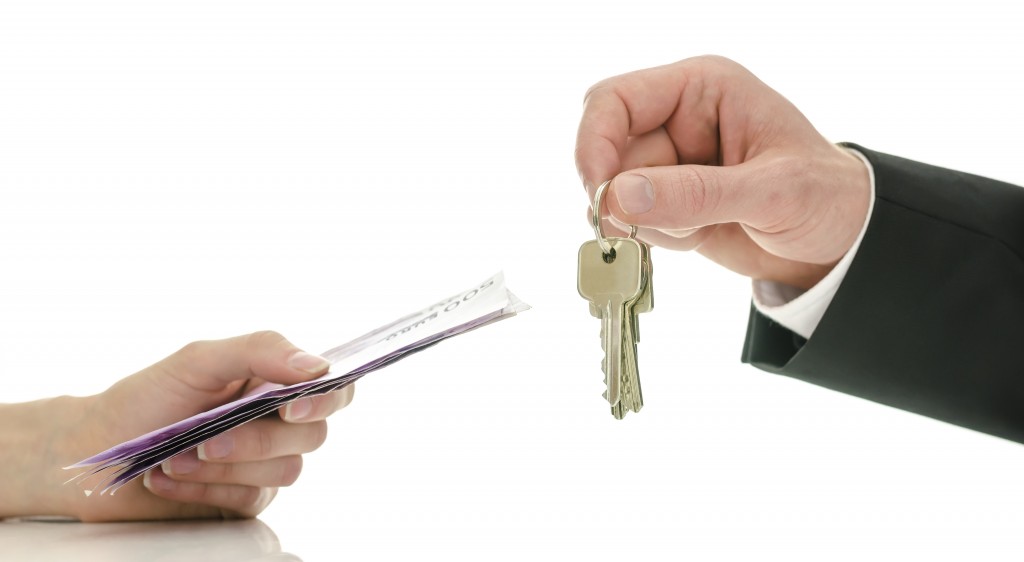An average American household has a total debt of about $135,768, according to estimates by financial advice website NerdWallet. This includes the usual mortgage and credit card balances. Though some residents manage to pay off their debt regularly most of the time, there will always be unexpected setbacks. Whether you encountered a sudden emergency or you’re in between jobs, trouble with your bills is terrifying. It starts with small penalties that balloon into bigger ones like losing your car or, worse, losing your home. Here’s what you can do to manage your bills better to avoid getting blindsided.
Always Save for a Rainy Day
It’s difficult for most Americans to save, as, according to job website CareerBuilder, almost 80% of them live from paycheck to paycheck. Over 30% say that they sometimes live this way, 23% state that it’s always been their status, and 17% say that living paycheck to paycheck is typical for them. The site also stated that over 81% of minimum wage workers couldn’t make ends meet. More than half of them had to work two jobs, too.
CareerBuilder collaborated with insights and analytics firm Harris Poll to survey 2,369 employers and 3,462 full-time employees in different industries. In some cases, having a higher salary doesn’t warrant a better financial standing, according to the report. It found that almost one in 10 workers making $100,000 or more say that they live from paycheck to paycheck. If you notice that you’re making more than minimum wage and you’re still having trouble with catching up on your bills, it’s time to make some compromises to your expenses.
Apart from saving on monthly mortgage payments by refinancing your loan, you can try saving a fraction of your salary upon receiving it. Having a save-first attitude will help you create a safety net in case you encounter an emergency. To keep your money out of reach, open a new savings account where you can transfer funds from your payroll account every month. Do your best to deposit a set amount every time. When you have to switch jobs, you’ll thank yourself for having saved enough cash to pay your bills for a few months while you look for a new job.
Cut off Unnecessary Subscriptions

If you’re paying your bills automatically with your credit card, there may be subscriptions that you don’t use but lost track of. Maybe you signed up for a free trial for a service that continued your subscription beyond the trial period. While you’re in the process of weeding these expenses out, track your utility bills as well to check for any anomalies. The leak you’ve been ignoring may be costing you more than you thought. Practice checking your bank statements regularly to help you become vigilant of any anomalies that might be leeching money from you.
Use Your Smartphone
An ideal way to make sure you have enough to pay your bills is taking note of them on your calendar. Open up your smartphone’s calendar app and label monthly due dates. You can even set an alarm a few hours or days before the due date to remind you to hold off on spending. Or you can calculate how much money you need for your monthly bills and set a reminder every payday to set aside that amount. If you want a cleaner interface, use budget tracker apps like Mint. They often have the same reminder system as your calendar and even show graphs and charts of how much goes into which expense.
Financial struggles, as sad as it may be, are a normal part of an average American’s life. Just remember to stick to your budget commitments and bill schedules and do your best at work to get that raise. Once you’ve found a steady rhythm in paying your monthly dues, treat yourself to a nice dinner or that new pair of jeans you’ve always wanted. You’ve earned them.


